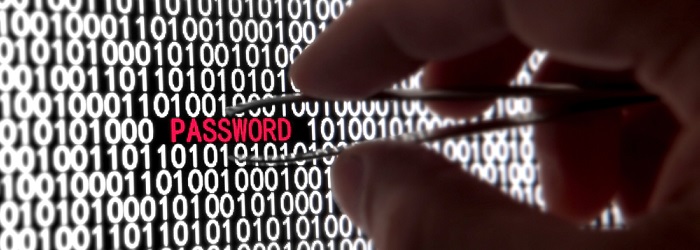data breaches at major firms, security is front of mind for most business owners. It’s a real concern. Hackers want access to anything they can get into. One easy way you can protect yourself from being compromised is by creating a great password.
Here are some best practices for password management that can stop even the most determined hacker, and keep your data safe at the office.
Attacks DO Happen
Hackers favor three techniques to gain access to your data: brute force, dictionary attacks and social engineering (nicknames, birthdates). A longer password is generally more secure and harder to crack. Studies show a password of eight or more characters is generally secure. Use upper and lower case and characters to increase security. Avoid the most common passwords like “admin” or “abc123”; those aren’t passwords, they’re an invitation!
Avoid These Common Practices:
- Don’t use personal words, like a nickname
- Never use ONLY letters or ONLY numbers
- Do not use social insurance numbers, phone numbers or birthdays
- Never use names of people close to you like a spouse or child
- Keep your login and password separate. Don’t use the same word
- Avoid dictionary words, even foreign ones!
Keep Your Password Safe
It can be hard to remember your passwords, but don’t keep them laying around on a piece of paper under your keyboard, or worse, on a post-it note on your monitor! If at any time your employees need to share a password, if one is on vacation for example, make sure to have your team leader or system administrator change it immediately after that use, and then again when the employee returns.
Create A Strong Password
Create a difficult to crack password by substituting symbols or numbers for letters. For example, “atlantis” can easily become @tl@nt1$.” It’s much more difficult to crack.
Change Passwords Regularly
It’s a best practice to change passwords every 30 to 90 days. Also never use the same password on multiple sites like your Facebook account and online banking account.
With a little diligence you can stay safe online. Make sure your employees understand the importance of these best practices. Your network is only as strong as the weakest link. When it comes to data security, we all need to be vigilant!
If you would like more information on how you can keep your company data safe, contact us for a free, no-obligation technology assessment.






